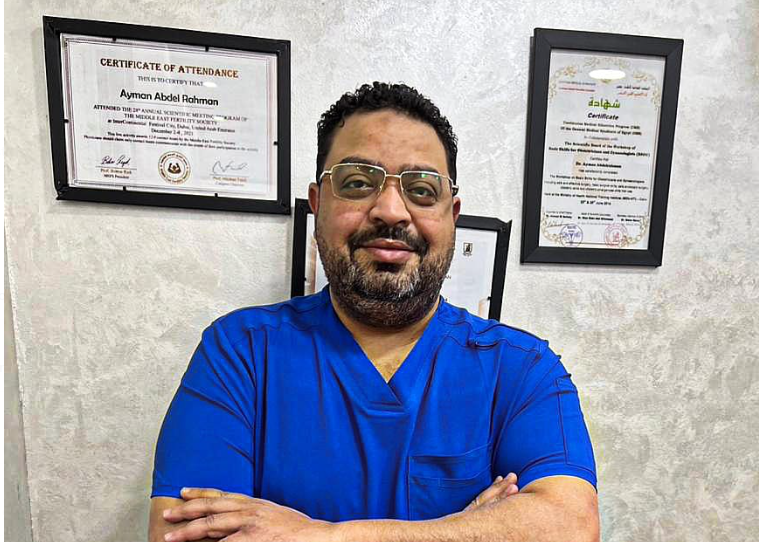In May 2025, Kenya will mark 20 years since its
first test-tube baby was conceived at Nairobi IVF Centre and born in 2005.
Fast forward two decades later, the country is
still grappling with many challenges when it comes to assisted reproductive
technology (ART), more specifically IVF and surrogacy—majorly because it lacks
a solid legal reproductive health framework.
However, even so, globally, in vitro
fertilization (IVF) has become one of the most widely used assisted
reproductive technologies (ART) in the world, offering hope to couples
struggling with infertility.
IVF is basically the process where the fusing of
the female egg and male sperm is done outside the body—in a test tube, hence
the name test tube babies. The embryos are produced in the laboratory and then
placed in the woman's womb.
A fertility specialist at Nairobi West Hospital
Dr. Ayman Mostafa says for many couples, IVF becomes a viable option when
natural conception proves challenging.
The medical expert recommends considering IVF if
conception has not occurred after at least 12 months of trying (or six months
for women over 35).
“Other medical conditions that might necessitate
IVF include blocked fallopian tubes, a history of tubal ligation, advanced
maternal age, a low egg count, severe endometriosis, multiple failed ovarian
stimulation cycles, male infertility issues, or unexplained infertility despite
unsuccessful insemination attempts,” says Mostafa.
According to the specialist, the emotional toll
of infertility treatments can be significant, making the choice of the right
clinic critical.
Prospective patients are encouraged to
thoroughly assess the credentials of their chosen fertility specialists and the
medical team supporting them.
He notes that for those facing fertility
struggles, seeking expert medical advice is essential.
“For instance, at The Nairobi West Hospital’s
fertility center, there are evaluations and personalized treatment plans for
hopeful parents,” adds Mostafa.
Since the first successful IVF birth in 1978,
the procedure has grown in both effectiveness and accessibility. Today, IVF
accounts for over 1 per cent of all births in the United States.
Success rates, however, vary based on several
factors, including the patient’s age, overall health, and the quality of the
eggs, sperm, and embryos.
Younger patients generally experience higher
success rates due to better egg quality.
However, a new trend when it comes to fertility
is the fact that more and more women are having their eggs harvested and stored
for future use.
The specialist says that with years of
experience, cutting-edge medical techniques, and a compassionate approach, the
hospital’s fertility team stands ready to offer hope and support to individuals
and couples on their fertility journey.


















